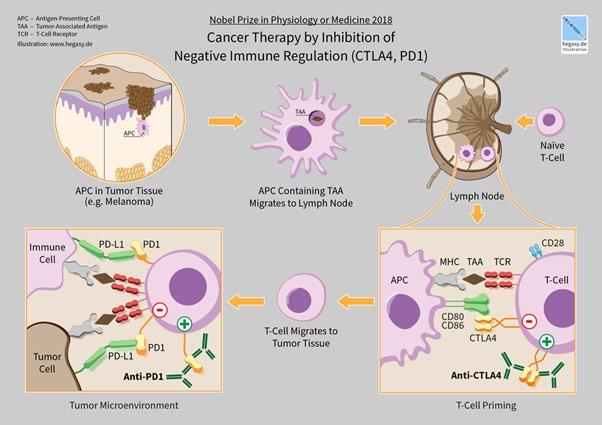
4 minute read
A prisoner of hope
John Stevens is Associate Professor at Southern Cross University and the University of Newcastle, co-founder and Director of the Australasian Society of Lifestyle Medicine and Chair of the Board, Rainforest 4 Foundation.
by John Stevens
Advertisement

In a recent conversation with Gamilaraay educator Professor Bob Morgan my spirit was lifted when he told me that after 50plus years of struggling for justice and equity for First Nations people in Australia and overseas that he remains ‘a prisoner of hope’ despite the glacial pace of progress and change. I am filled with this sentiment following the recent announcement that over 160,000 hectares of country in Queensland, stretching from Mossman to Cooktown, including the UNESCO World Heritage-listed Daintree National Park, has been handed back to the Traditional Owners, the Eastern Kuku Yalanji. The TOs wept as they celebrated the ‘return of Bubu to Bama’.
As a non-Indigenous man I will never fully appreciate the spiritual and emotional significance of this event. It is a concept that was explained to me by a number of the Kuku Yalanji people last year during an On Country smoking ceremony in the Daintree. I hope I do justice to the telling of its meaning of country:
Bubu, the land, is Country. Country is more than a western appreciation of Country as real estate. It is the mother. It is life. that have sprung from Bama. The relationship is circular. One does not exist without the other. All of the Eastern Kuku Yalanji ancestors are living among Bubu. All of the culture, lore and resources required for the children of Bubu to survive and flourish for 60,000 years or more are located here. It is Bama’s job to care for Country.
It is well known in the scientific literature that dispossession is a leading up-stream determinant for the health gaps which torment every one of the 90-plus remaining First Nations populations of the world, including Australian Aboriginal and Torres Strait Islander people.
The phenomenon is literally universal: that all First Nations populations do worse on all health and welfare measures than their non-Indigenous counterparts. On average, there is 10 years’ less life expectancy, and it doesn’t stop there. Infant mortality, obesity and malnutrition, disease like diabetes, kidney disease, mental illness, suicide, poverty, unemployment, incarceration rates, substance abuse, domestic violence and more are significantly higher in First Nations people. The source of this inequity can be traced back to colonisation and dispossession.
It is not just the physical removal from the land, it is the brutal severing of the connection with it that has devastated First Nations people. It results in the loss of Elders and knowledge keepers, language and customs and the knowledge of self and who your mob are. Continuing to have to justify and explain the unexplainable loss of generations past to a dominant nonIndigenous community, whose view of the world is to see Country as something to exploit and dominate, leads to what Professor Morgan calls ‘spiritual fatigue’.

Eastern Kuku Yalanji smoking ceremony as part of the welcome to Country for people attending the hand back ceremony.
Dispossession leading to meaningless, alienation and loss of culture and identity is seen as the root cause and source of the intergenerational trauma that has created the gap. The divide cannot and will not heal while the physical, social and spiritual wounds caused by dispossession remain untendered and ignored.
The failure to close the gap is not for want of effort or desire by a large number of people, Indigenous and non-Indigenous, who seek truth telling, justice and equity for all. Nor is it for lack of money thrown at well-intended solutions. It has been due to our failure to understand and address


Meeting with Kuku Yalanji people to arrange the transfer of private land recently purchased by Rainforest 4 from donations to add to the Daintree handback
The signed agreements held up in celebration by Elders of the Eastern Kuku Yalanji the cause of the resulting inequities experienced by First Nations people – dispossession and social and political marginalisation. The hand-back to the Eastern Kuku Yalanji is an act of restorative justice that will have implications well into the future.
We will see in years to come declines in physical, mental and spiritual illness within the community. We will see the land once again being treated with respect and the love needed for it to heal and repair and provide us all with a little more protection against climate change, if nothing else. We who are not Eastern Kuku Yalanji will still be able to visit and immerse ourselves in the embrace of the Daintree forest, both physically and as a destination in our minds. When you close your eyes and imagine the rainforest, the light, the sounds, the smell, the crystal-clear creeks, the giant trees and ancient animals like the cassowary, your body is in tune with therapeutic essence. You relax, your mind is more at peace and breathing comes more easily.











